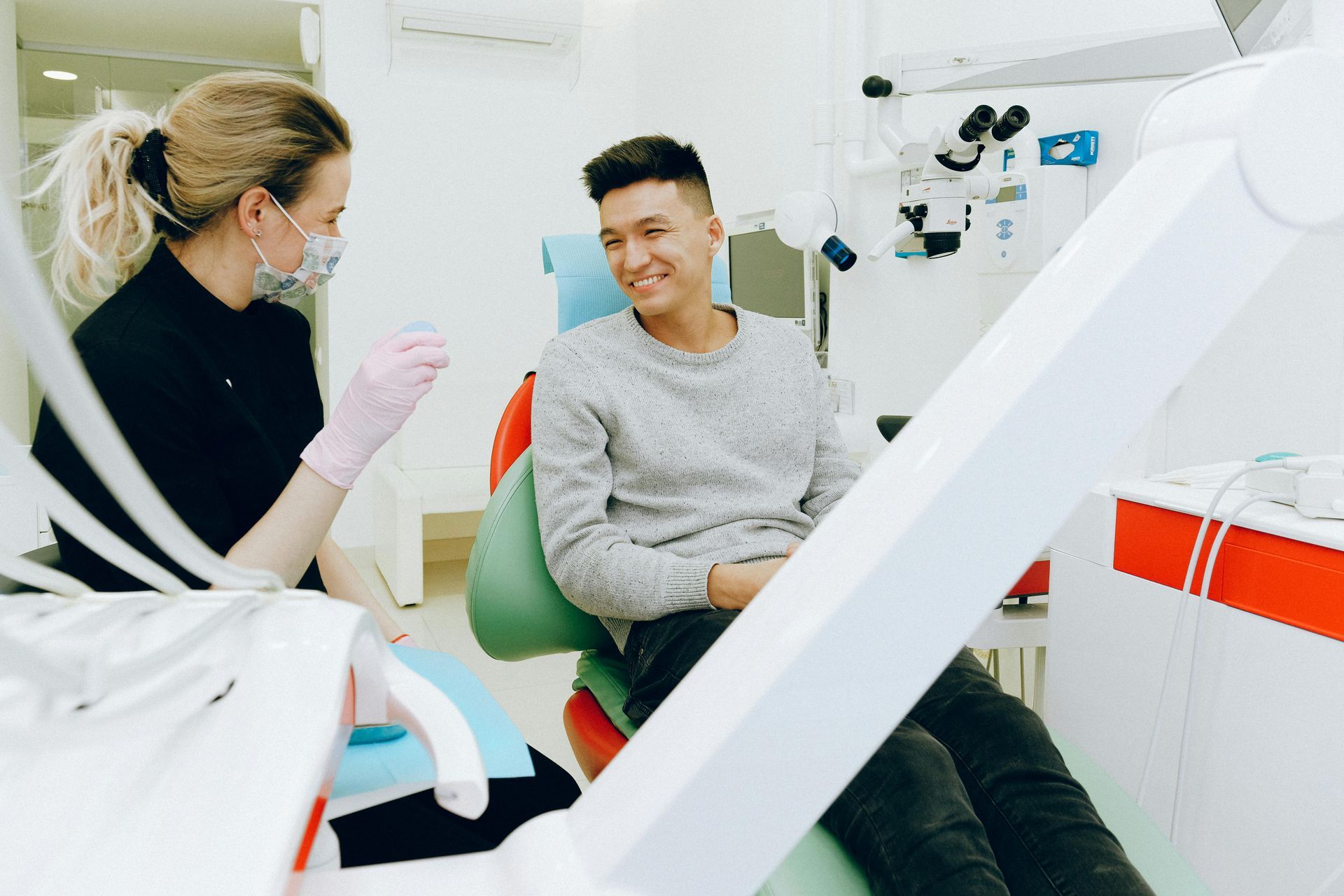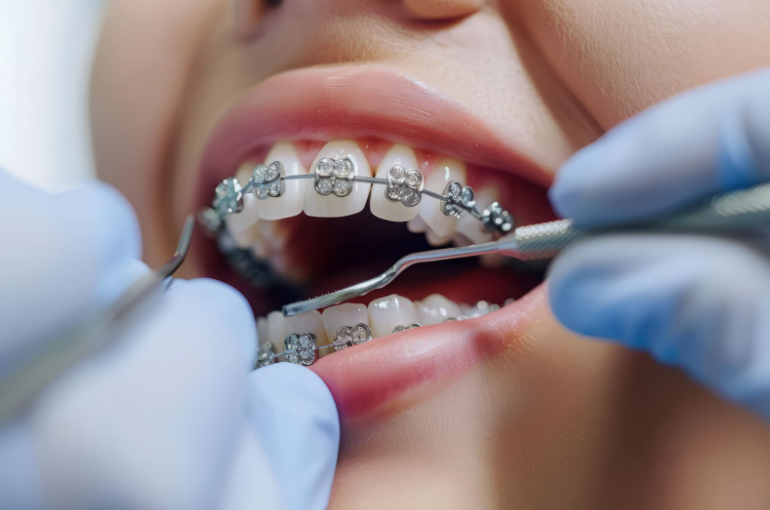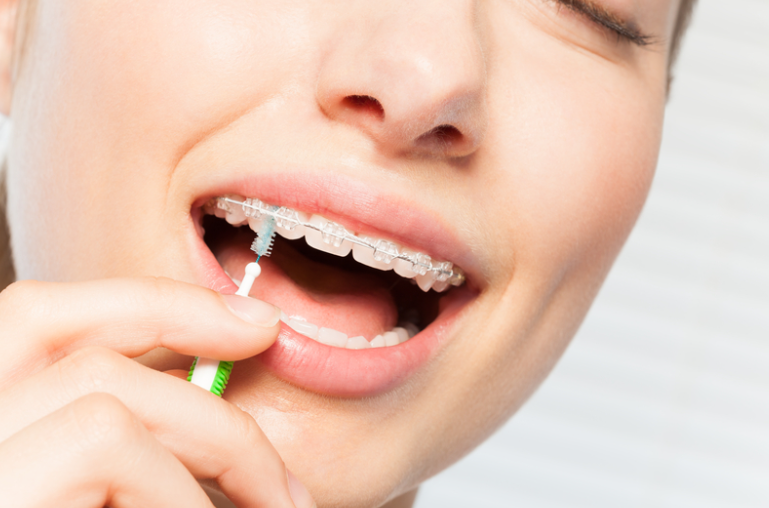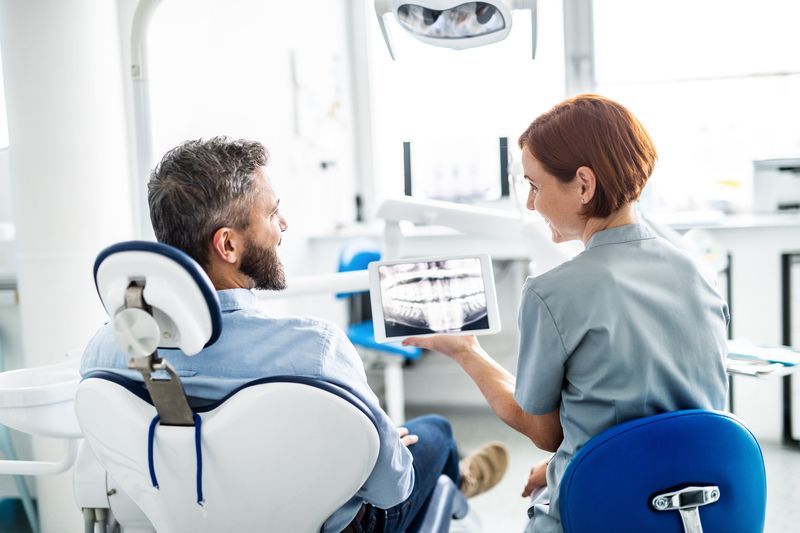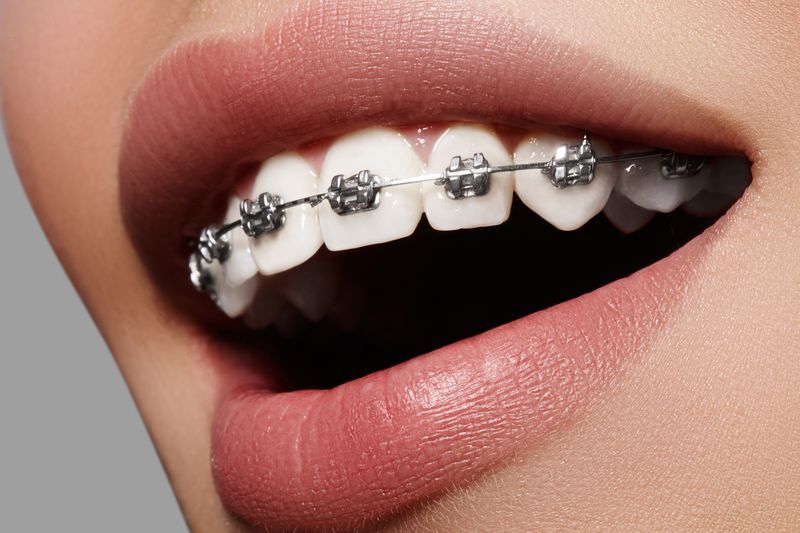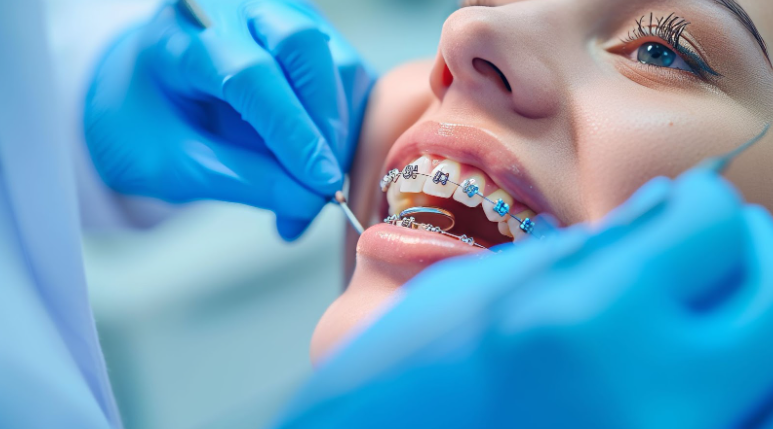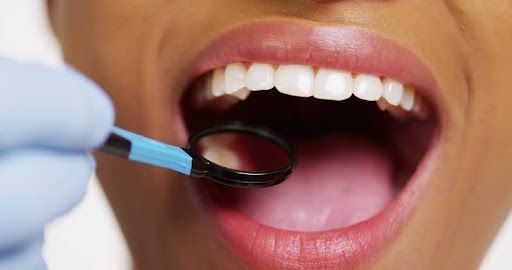Navigating Nutrition with Braces for Optimal Oral Health
Discover essential tips for maintaining optimal oral health while wearing braces. From navigating dietary choices to understanding proper oral hygiene practices, this resource offers invaluable insights to ensure a healthy smile throughout the orthodontic journey.
The Connection Between Diet and Oral Health
Dental health is intricately linked to what we consume daily. While many are aware that sugar is a culprit for dental issues, fewer understand the broader impact of diet on oral health. Food and beverages high in sugar and acids are particularly harmful, as they facilitate the growth of bacteria in the mouth. This bacterial activity can lead to cavities, enamel erosion, and other dental problems if left unchecked. Specifically, when sugary and acidic substances linger on the teeth, they provide a perfect environment for bacteria to thrive, producing acids that erode dental enamel over time.
Oral health issues stemming from diet are not limited to the effects of sugar and acids. The overall quality of one’s diet plays a critical role in maintaining healthy teeth and gums. A balanced diet rich in essential nutrients contributes to the strength and durability of tooth structure, as well as the health of the gums and oral tissues. For instance, calcium and phosphorus help to rebuild enamel, while Vitamin C is crucial for gum health. Consequently, a diet lacking in these and other nutrients can lead to weakened defenses against oral health problems.
Recent studies have underscored the significant impact of nutrition on oral health. Research indicates that diets high in fruits, vegetables, and dairy products with low sugar content can contribute to reduced risk of cavities and other dental issues. These findings support the idea that comprehensive dental care extends beyond brushing and flossing to include dietary considerations. For further insights into the connection between diet and oral health, the
American Dental Association offers resources and guidelines that highlight the importance of nutrition in dental care.
Embracing a diet that supports oral health does not only help in avoiding dental problems; it also sets a foundation for a lifetime of healthy teeth and gums. Paying attention to the foods we eat and understanding their effects on our dental health are critical steps toward maintaining a beautiful and healthy smile, particularly for individuals undergoing orthodontic treatment. By making informed dietary choices, patients can significantly influence the success of their orthodontic treatment and the long-term health of their teeth and gums.
Brace-Friendly Nutrition Basics
Navigating dietary choices can become a complex affair for those with braces. The introduction of orthodontic appliances into one's daily life necessitates dietary modifications to protect both the integrity of the braces and overall oral health. Certain foods must be avoided or consumed with caution, as they can damage braces, leading to costly repairs or extended treatment times. It is not just about avoiding harm; it's also about integrating foods that support dental health, and enhancing the orthodontic treatment process.
Nutrients like Calcium, Phosphorus, and Vitamin D play vital roles in supporting the health of teeth and gums, especially for orthodontic patients. Calcium strengthens the bones and structures holding the teeth in place, while Phosphorus aids in rebuilding and repairing tooth enamel. Vitamin D enhances calcium absorption, further fortifying teeth against potential damage from braces. Foods rich in these nutrients include dairy products such as milk and cheese, leafy greens, nuts, and fish.
Brace-friendly meal ideas might include smoothies packed with fruits, vegetables, and a dairy or dairy-alternative base, providing a nutritional powerhouse that's easy on braces. Soft-cooked meats, grains like quinoa and pasta, and steamed vegetables can make satisfying dinners without placing undue stress on orthodontic appliances. For snacks, opting for yogurt, soft fruits like bananas, or cheese slices can offer nutritious alternatives that are also kind to braces.
Foods to Avoid with Braces
While it's essential to incorporate nutrient-rich, soft foods into your diet, there are also specific foods orthodontic patients should steer clear of. Hard candies, gum, popcorn, and overly crunchy or sticky foods pose risks to braces by potentially bending wires or dislodging brackets. Beyond the immediate risk of damage to the orthodontic appliances, these foods can contribute to cavities and other oral health issues by becoming lodged in hard-to-clean areas around the braces.
To satisfy cravings without putting orthodontic treatment at risk, patients can opt for healthier, softer alternatives. For a sweet treat, try frozen yogurt or smoothies instead of hard or sticky candies. If crunchy snacks are a must, lightly steamed vegetables can provide a satisfying crunch without the risk. Being mindful of food texture and composition can go a long way in maintaining both the integrity of braces and overall oral health.
Adapting to a brace-friendly diet is a crucial aspect of a successful orthodontic journey. By focusing on essential nutrients and making informed dietary choices, patients can not only protect their orthodontic appliances but also support their oral health, ensuring a smoother treatment process and healthier outcomes.
Adapting Your Diet for Orthodontic Success
Orthodontic treatment is a journey that extends beyond the mere application of braces—it includes adapting one's lifestyle in ways that ensure success. A pivotal aspect of this adjustment revolves around diet. For many, the idea of dietary restrictions can seem daunting, conjuring thoughts of limitation and deprivation. With the right approach, adapting your diet can be both creative and enjoyable, contributing significantly to the effectiveness of your orthodontic treatment. Hydration plays a crucial role in oral health, even more so for those with braces.
Drinking plenty of water not only aids in maintaining optimal oral hygiene by rinsing away food particles and bacteria, but it also ensures the proper functioning of the saliva - nature’s best mechanism for neutralizing harmful acids and supporting enamel remineralization. With braces, patients should be advised to avoid beverages high in sugar or acidity, as these can intensify the risk of enamel erosion and decay. One cannot overstate the importance of regular dental check-ups during orthodontic treatment. These appointments allow professionals to monitor progress, make necessary adjustments, and provide guidance on maintaining optimal oral health, including personalized dietary advice. These interactions are key to ensuring that patients are on track to achieve their desired outcomes.
Beyond the Braces: Maintaining Oral Health After Treatment
The removal of braces marks a significant milestone in one's orthodontic journey, but it's not the end of the road for maintaining oral health. Transitioning back to a "normal" diet post-braces offers an opportunity to continue the good nutrition habits fostered during treatment. Patients are encouraged to slowly reintroduce foods that were off-limits, paying close attention to how their teeth and gums respond. Maintaining a dental care routine post-orthodontic treatment is paramount. Regular brushing, flossing, and the use of fluoride treatments strengthen teeth and protect against cavities. With braces off, it's easier to clean thoroughly around the entire surface of each tooth, further reducing the risk of dental issues. Adapting your diet during and after orthodontic treatment doesn’t mean giving up the foods you love; it's about enjoying them smartly and healthily. The journey towards a perfect smile doesn't end with orthodontic treatment—it's an ongoing commitment to oral health that requires continuous care and attention.
By embracing these changes and maintaining good habits, patients can enjoy not just straighter teeth but a lifetime of healthy smiles.
For personalized guidance on maintaining a healthy diet and oral care routine with braces, reach out to McAllister Orthodontics today. Our experienced team is here to support you every step of the way on your journey to optimal oral health.
Schedule your appointment now for expert advice and care.
